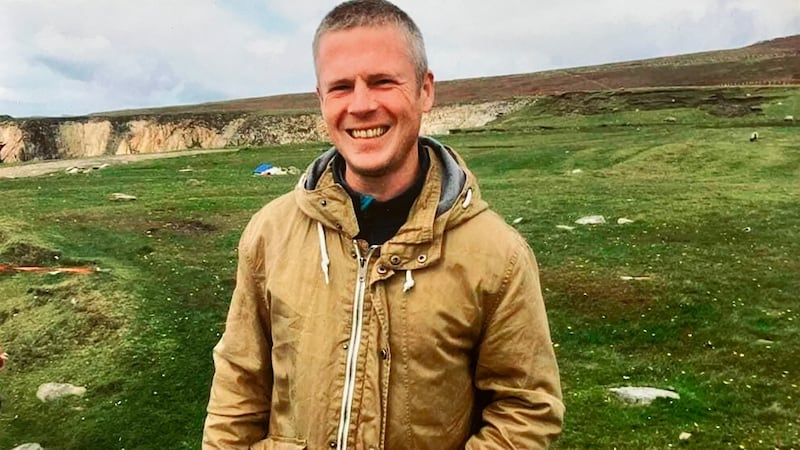The election of Simon Harris as the youngest ever Taoiseach next week should improve the prospects of Fine Gael and Fianna Fáil winning enough seats in the forthcoming election to lead the next government, whatever the final composition of that administration.
It has been argued in this column for a long time that there is nothing inevitable about the widely-predicted victory of Sinn Féin. The party’s recent slide in the opinion polls has reinforced that view, and dented the widespread notion Mary Lou McDonald is on course to be Taoiseach.
The change of leadership in Fine Gael has given the Coalition a chance to present a new and energetic face to the electorate, giving Harris opportunities to connect with the electorate in the coming days.
The first of these opportunities will be at the party’s ardfheis in Galway at the weekend where he will have an opportunity to speak directly to voters and set out in clear terms the direction he intends to lead the country during his time at the helm. The massive No vote in the recent referendums showed a serious disconnect between the electorate and the entire political system. The new leader will have a chance to address the reasons for that rejection if he wants to reclaim the ground Fine Gael has been losing in recent years.
READ MORE
The ardfheis will also give him an opportunity to inject some fighting spirit into a party organisation which too often gives the impression that it is tired and weary with the cares of office. A symptom of that mood are the voices advocating a move to the opposition benches after the election on the basis that the party needs to shed the responsibilities of office in order to renew itself and become a more vibrant force in Irish politics.
Fine Gael’s own history reveals the absurdity of that approach to politics. Since its foundation just over 90 years ago the party has spent two-thirds of its years in opposition, railing helplessly against the Fianna Fáil government of the day. The clear lesson from history is that once the party forfeits power there is no guarantee it will get it back anytime soon, if ever.
The stresses and strains of office over the past 13 years have undoubtedly taken their toll but abandoning the field to a Sinn Féin-led government would be an abdication of its responsibility to the country it purports to serve. While the decision of so many sitting TDs to stand down does pose a challenge the emergence of a raft of new Dáil candidates could be the very thing the party needs to revitalise itself.
The departure of Leo Varadkar and Simon Coveney, both of whose achievements far outweigh their mistakes, gives the new leader a chance to bring fresh faces into the Cabinet in an election year and come up with policies which can address the widespread disillusionment with politics.
Two of the most able and trusted members of the Government, Paschal Donohoe in public expenditure and Heather Humphreys in social protection, have a vital role to play in providing continuity and reassurance. However, Harris will have to show his mettle by rebuffing Helen McEntee’s public campaign to hold on to the justice portfolio, which has been a problem area for the Coalition, and moving her to another department.
That will leave him with only two Cabinet vacancies and he will face difficult choices given the need to balance talent and geography. There is a wide expectation that Peter Burke from Westmeath will get one of those posts, but the big question is whether the other one will go to Dublin or Munster.
Talented Junior Ministers like Jennifer Carroll MacNeill and Neale Richmond are obvious candidates for promotion, but the new Taoiseach will be under pressure to promote one of his Junior Ministers from Munster so as not to leave the province bereft of Cabinet representation. Whatever he does some noses will be out of joint.
The new team will have to do a much better job in communicating with the public and responding to its concerns. In his resignation speech Varadkar listed an impressive range of Government achievements, from the Brexit negotiations to the handling of Covid, as well as a booming economy. It is a political truism that governments don’t get re-elected for their past achievements. Nonetheless, some comparison is surely warranted between the actions of the parties who have brought the country to an unprecedented level of prosperity, and the record of Sinn Féin which is offering itself as the alternative government.
That party’s U-turns and flip flops on a range of issues from the referendums to the hate speech Bill have demonstrated that it has few coherent policies apart from its unremitting campaign for a Border poll. The recent deaths of garda killer Pearse McAuley and bombmaker Rose Dugdale were also stark reminders of the horror the republican movement inflicted on the country over decades.
In politics past performance is surely some guide to the kind of future action that can be expected from political parties once they achieve power.











